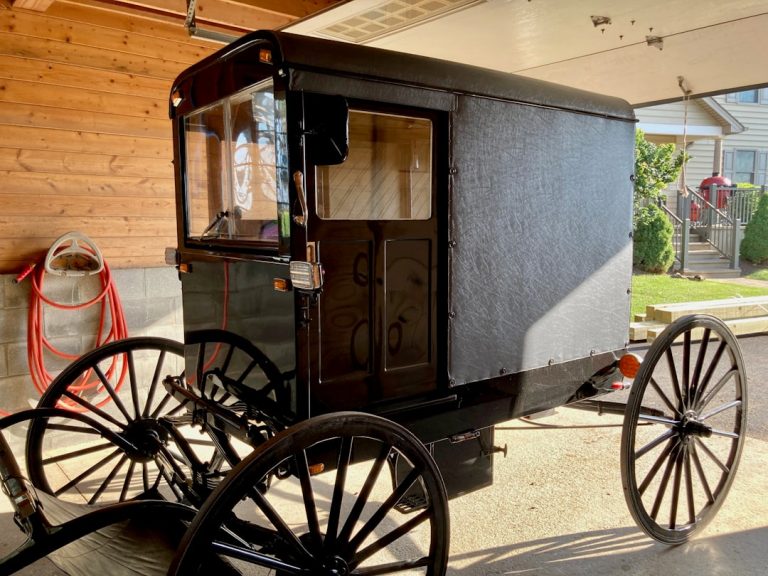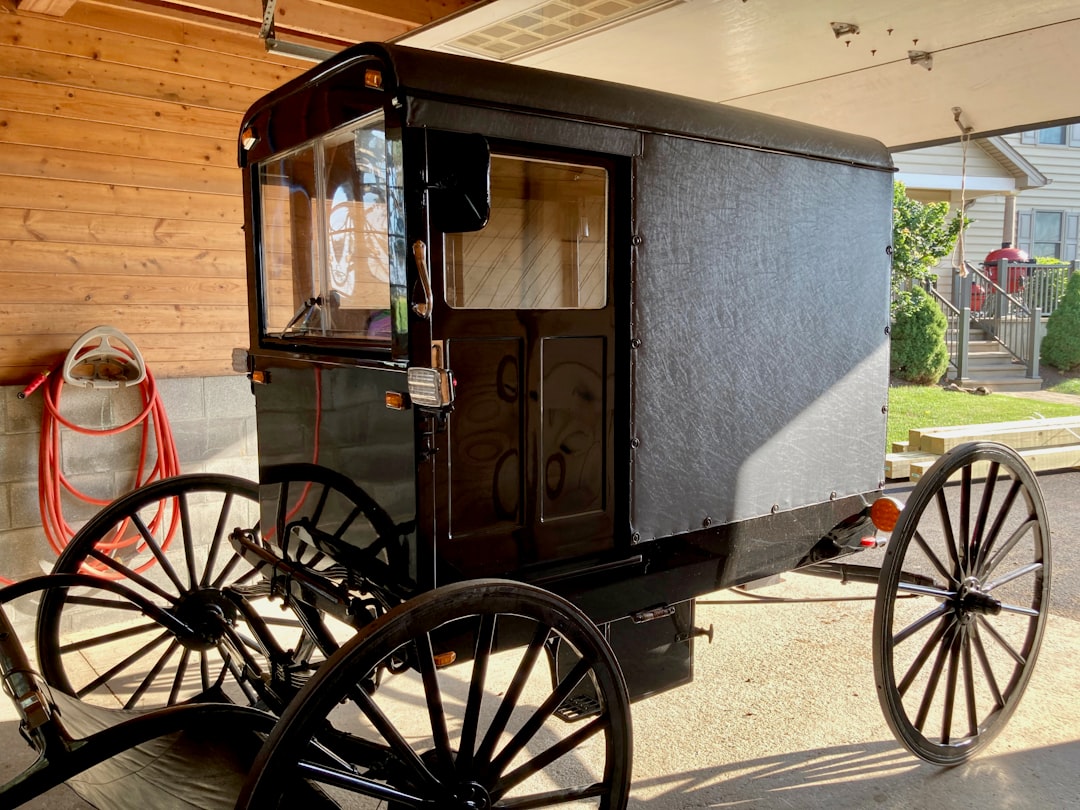Spam calls are a significant issue in Pennsylvania, but the Telephone Consumer Protection Act (TCPA) provides protections. The Attorney General's Office enforces these laws, and consumers & businesses can take action by reporting unwanted calls. Businesses must obtain explicit consent and offer opt-out options. Surveys gather data to target spammers, and law firms specialize in TCPA cases for effective solutions. Collaborating with a TCPA lawyer is key for navigating Pennsylvania's Spam Call laws, stopping unwanted solicitations, and protecting consumers from intrusive calls.
Allentown residents face a growing menace in the form of spam calls. Understanding the legal ramifications of these intrusions under Pennsylvania’s Telephone Consumer Protection Act (TCPA) is crucial. This article equips you with strategies on how to use surveys as a powerful tool to gather data on spam sources, enabling effective legal action against spammers. Learn from expert tips on conducting successful surveys and collaborating with a reputable spam call law firm or spam call lawyer in Pennsylvania to silence these nuisance calls once and for all. Discover the path to how to stop spam calls Pennsylvania.
Understanding Spam Calls and Their Legal Ramifications in Pennsylvania

Spam calls, or unsolicited telephone marketing calls, are a common nuisance and a significant issue in Pennsylvania, where strict regulations exist to protect consumers from such practices. These calls often fall under the Telephone Consumer Protection Act (TCPA), a federal law designed to curb excessive or unwanted telemarketing activities. In Pennsylvania, the law is enforced by the Attorney General’s Office, which takes serious complaints about spam calls and can pursue legal action against offending companies or individuals.
Understanding these legal ramifications is crucial for both consumers and businesses. Consumers in Allentown or anywhere in Pennsylvania have the right to refuse such calls and can report excessive or harassing behavior to the Attorney General’s Office. On the other hand, businesses must adhere to the TCPA guidelines, which include obtaining explicit consent from recipients before making automated calls and providing an opt-out option for those who wish to stop receiving them. By knowing their rights and obligations, individuals and companies alike can navigate the legal aspects of spam calls effectively, ensuring a safer and less disruptive communication environment in Pennsylvania.
The Role of Surveys in Identifying Sources of Spam Calls in Allentown

Surveys play a pivotal role in identifying sources of spam calls in Allentown, offering a strategic approach to combat this growing concern. By collecting data directly from residents, businesses, and phone users, surveys can uncover patterns and trends related to unwanted telemarketing calls. This method allows for a more targeted and effective response to the issue.
In Allentown, as across Pennsylvania, understanding the scope of spam calls is essential to implementing solutions. Surveys can ask specific questions about call frequency, types of messages received, and perceived sources. This information is invaluable for law firms specializing in TCPA (Telemarketing Consumer Protection Act) cases, such as those representing clients in Pennsylvania. By analyzing survey results, lawyers can identify common patterns, pinpointing both individual perpetrators and larger networks responsible for the deluge of spam calls affecting residents and businesses alike.
Effective Strategies for Conducting Successful Spam Call Surveys

Conducting successful spam call surveys requires a strategic approach to gather accurate and actionable data. First, define your goals clearly – are you aiming to understand the extent of spam calls in Allentown, identify specific types of unsolicited callers, or both? This focus will guide your survey design. Tailor questions to collect relevant information like caller identification details, frequency of calls, and the types of messages received. Use simple, direct language to ensure respondents provide useful data without confusion.
For maximum participation, make your survey accessible through multiple channels – online forms, text message options, or even a dedicated phone hotline. Promote it widely using local community networks, social media platforms, and partnerships with local organizations. Encourage responses by offering incentives, such as discounts on legal services for those who participate. Remember to adhere to spam call laws like the TCPA (Telecommunication Consumer Protection Act) when conducting your survey to ensure legality and protect respondents’ rights. Engage with participants to gain valuable insights that can empower spam call lawyers or spam call law firms in Pennsylvania to advocate for stricter regulations and better protections for residents of Allentown.
Analyzing Survey Data to Take Legal Action Against Spammers in PA

After gathering data through surveys focused on identifying spam calls in Allentown, the next crucial step is analyzing this information to take effective legal action against spammers under Pennsylvania law. The Telephone Consumer Protection Act (TCPA) provides robust protections for consumers against unwanted phone marketing calls and texts. By examining survey responses, patterns can emerge that indicate specific companies or individuals responsible for spamming. This includes identifying call frequency, the use of automated dialing systems, and any violations of opt-out requests, all of which are key elements under TCPA regulations.
Legal teams in Pennsylvania specializing in TCPA cases can leverage this data to build strong cases against spammers. The insights from surveys help lawyers demonstrate patterns of harassment or abuse, especially when combined with caller ID records and call logs. This comprehensive approach enables spam call law firms to hold offenders accountable, secure financial compensation for victims, and ultimately contribute to how to stop spam calls in Pennsylvania on a broader scale.
Collaborating with a TCPA Lawyer: Your Guide to Stopping Spam Calls in Pennsylvania

When tackling the issue of spam calls in Allentown, collaborating with a TCPA lawyer is an intelligent step. These legal experts specialize in telecommunications law and are equipped to guide individuals and businesses on how to stop spam calls in Pennsylvania effectively. With their knowledge of the Spam Call law firms Pennsylvania, they can offer tailored strategies to navigate the complex landscape of the Spam call laws Pennsylvania.
A lawyer for TCPA Pennsylvania plays a pivotal role in protecting consumers from unwanted phone solicitations. They provide crucial insights into the legal framework surrounding how to stop spam calls, ensuring compliance with relevant regulations. Their expertise extends to assisting clients in drafting and implementing robust anti-spam policies and even representing them in legal proceedings if necessary, making them invaluable allies in the fight against intrusive spam calls.






